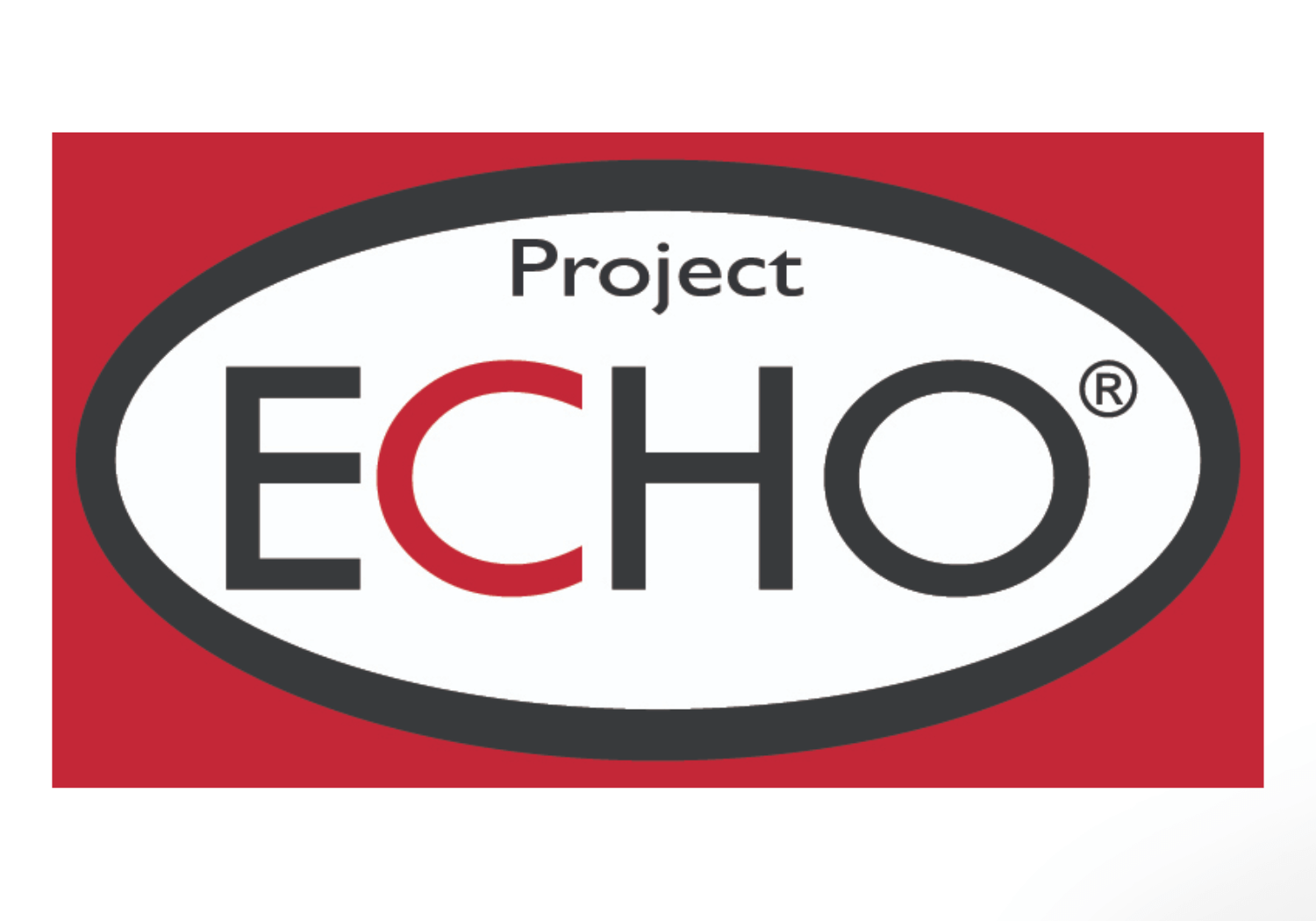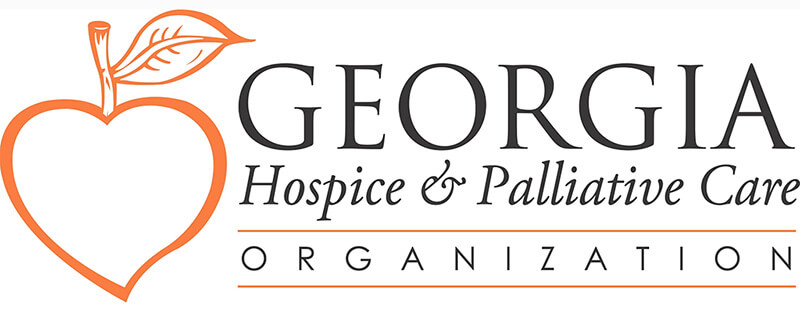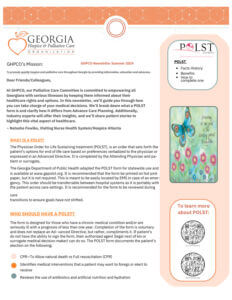Palliative Care
What Is Palliative Care?
Palliative (pal-lee-uh-tiv) care is specialized medical care for people with serious illnesses. This type of care is focused on providing patients with relief from the symptoms, pain, and stress of a serious illness – whatever the diagnosis. The goal is to improve quality of life for both the patient and the family. Palliative care is provided by a specially trained team of doctors, nurses, and other specialists who work with a patient’s other doctors to provide an extra layer of support. Palliative care is appropriate at any age and at any stage in a serious illness, and can be provided together with curative treatment.
Palliative care by itself, however, is useful in many care settings and can be provided along with treatments intended to improve or cure a condition. Individuals receiving palliative care may be at any point in their illness and do not have to qualify for this kind of care in the manner hospice patients must.
Palliative care is a growing medical specialty and is generally provided by a physician, nurse practitioner, clinical nurse specialist or team of these professionals in an inpatient hospital, outpatient clinic or cancer center environment. There is currently no formalized reimbursement for this kind of care and most palliative care is provided as a part of the overall treatment plan for certain chronic or serious illnesses to assist in managing symptoms and controlling pain as well as coping with stress.
- More Access to Palliative Care in GA (MAPGA): A valuable resource brought to Georgia by Emory University in collaboration with Winship Cancer Institute. MAPGA is an interactive tool designed to simplify your search for local, community-based palliative care services across Georgia. It also provides vital information and tools for advance care planning, featuring an intuitive map with service locations and a heat map illustrating areas of higher palliative care concentration. Please visit their website to search below:
- The Hospice and Palliative Nurses Association (HPNA) is a national professional organization dedicated to advancing nursing expertise in hospice and palliative care through education, advocacy, leadership, and research.
- The Center to Advance Palliative Care (CAPC) is a national organization dedicated to increasing the availability of quality, equitable health care for people living with serious illness by providing health care professionals and organizations with the training, tools, and technical assistance necessary to effectively meet this need.
- The National Hospice and Palliative Care Organization (NHPCO), now renamed the National Alliance for Care at Home, is the largest U.S. membership organization for providers and professionals offering hospice and palliative care to individuals with serious and life-limiting illnesses.
- The American Academy of Hospice and Palliative Medicine (AAHPM) is a professional organization dedicated to advancing high-quality, equitable, interprofessional hospice and palliative care across all settings.
- The American Cancer Society (ACS) is a leading cancer-fighting organization dedicated to improving the lives of people with cancer and their families through advocacy, research, and patient support, striving to end cancer for everyone.
- The National Institute of Nursing Research (NINR), a component of the National Institutes of Health (NIH), leads nursing research to solve pressing health challenges and inform practice and policy—optimizing health and advancing health equity into the future.
- The Conversation Project is a public engagement initiative of the Institute for Healthcare Improvement, dedicated to helping individuals discuss and document their end-of-life care preferences to ensure those wishes are understood and respected.
- VitalTalk is a nonprofit organization dedicated to enhancing communication skills among healthcare professionals, focusing on serious illness conversations to improving patient and family experiences.
- GeriPal is a podcast and online resource that brings together experts in geriatrics, hospice, and palliative care to discuss topics relevant to healthcare professionals, aiming to enhance knowledge and improve patient care.
- GetPalliativeCare.org is an online resource provided by the Center to Advance Palliative Care (CAPC) that offers comprehensive information about palliative care for individuals living with serious illnesses, including definitions, benefits, and guidance on accessing services.
The resources listed below provide a information around key ideas in palliative care, authored by leading researchers in the field. These papers comprise a short list of essential reading, exploring palliative care principles, the conceptual framework that guides palliative care service delivery, and directions for future program development and research.
- Cassel JB, Kerr KM, Kalman NS, Smith TJ. The business case for palliative care: translating research into program development in the U.S. J Pain Symptom Manage. 2015 Dec;50(6):741-9.
- Hughes MT, Smith TJ. The growth of palliative care in the United States. Annu Rev Public Health. 2014;35:459-475.
- Kamal AH, Currow DC, Ritchie CS, Bull J, Abernethy AP. Community-based palliative care: the natural evolution for palliative care delivery in the U.S. J Pain Symptom Manage. 2013;46(2):254-264.
- Kelley AS, Morrison RS. Palliative care for the seriously ill. N Engl J Med. 2015;373(8):747-755.
- Krakauer R, Spettell CM, Reisman L, Wade MJ. Opportunities to improve the quality of care for advanced illness. Health Aff (Millwood). 2009;28(5):1357-1359.
- Meier DE. Increased access to palliative care and hospice services: opportunities to improve value in health care. Milbank Q. 2011;89(3)343-380.
- Meier DE, Beresford L. Outpatient clinics are a new frontier for palliative care. J Palliat Med. 2008;11(6):823-828.
- Parikh RB, Kirch RA, Smith TJ, Temel JS. Early specialty palliative care–translating data in oncology into practice. N Engl J Med 2013;369(24):2347-2351.
- Datta-Barua I, Hauser J. Four communication skills from psychiatry useful in palliative care and how to teach them. AMA J Ethics. 2018;20(8):E717-723.
Project Echo

The GA-DPH Palliative Care Project ECHO aims to enhance access to palliative care expertise across Georgia through monthly virtual tele-mentoring sessions. It offers a learning platform for healthcare providers across Georgia, encouraging primary care teams and specialists to participate in palliative care education. It engages general practitioners, subspecialists, and committees to identify priorities, review literature, and assess educational needs for improving care for patients with serious illnesses.
These sessions focus on:
- Equipping local healthcare teams with best-practice primary palliative care knowledge and skills.
- Program support, through presentations and case discussions with a wide range of professionals—physicians, nurses, social workers, chaplains, and others—in diverse care settings, including hospitals, outpatient clinics, and homes.
- The needs of providers in specialties such as primary care, oncology, cardiology, critical care, and hospice, helping them care for patients with cancer or serious illnesses.

Visit our Advance Care Planning/POLST page for useful forms and resources on end-of-life care.

